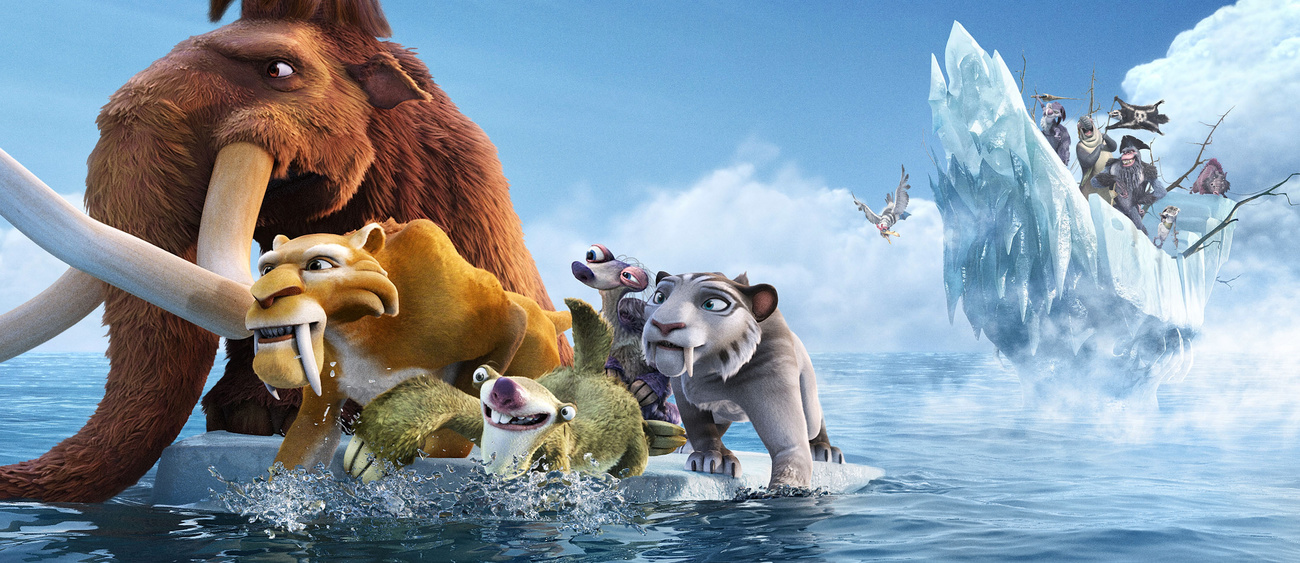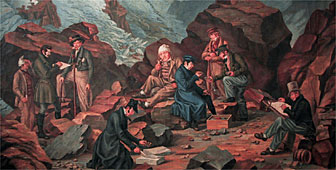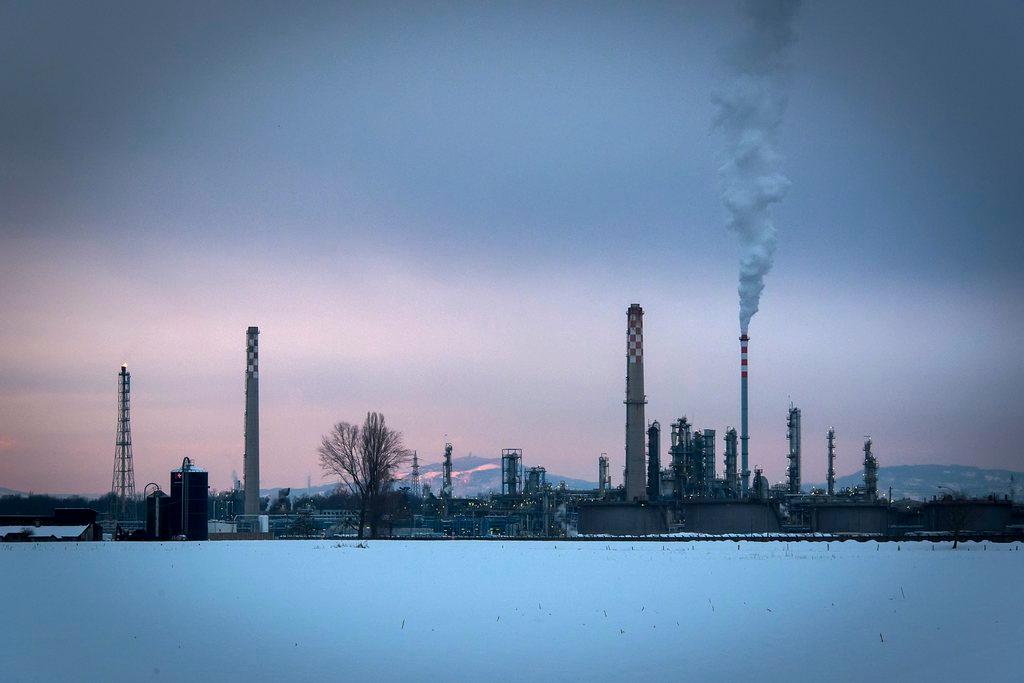
New research reveals colder ice age temperatures

The average global temperature during the last ice age was some 8°C cooler than today – several degrees colder than previously thought, according to scientific research with Swiss participation published on Wednesday.
The last ice age, when much of the northern hemisphere was covered in glaciers, ended around 10,000 years ago.
The international research, which included input from the Swiss Federal Institute of Aquatic Science and Technology (Eawag), analysed chemicals in old groundwater in various countries to determine its temperature when it seeped into the earth.
Until now, the researchers say, temperatures during the last ice age have been estimated by looking at ice cores (cylinders) removed from high latitudes, while temperatures at medium and lower latitudes have been more difficult to gauge.

More
Glacier experiments helped define ice age theory
As such, the newer method, which was outlined on Wednesday in Nature magazine, finds that previous estimates were three to five degrees off target, and that the average global temperature during the last ice age was around 8°C.
Today, the average global temperature is 14°C.
For the researchers, the findings reinforce the reliability of new climate models, which assume an extremely pronounced period of cold temperatures during the ice age.
However, the results of the research are not all positive they say, since they also suggest that the climate is more sensitive to CO2 in the atmosphere than previously thought. This means the earth may be on track to continue warming at a faster pace than current predictions reckon.

More
Human influence on melting glaciers pushed back decades

In compliance with the JTI standards
More: SWI swissinfo.ch certified by the Journalism Trust Initiative


























You can find an overview of ongoing debates with our journalists here . Please join us!
If you want to start a conversation about a topic raised in this article or want to report factual errors, email us at english@swissinfo.ch.